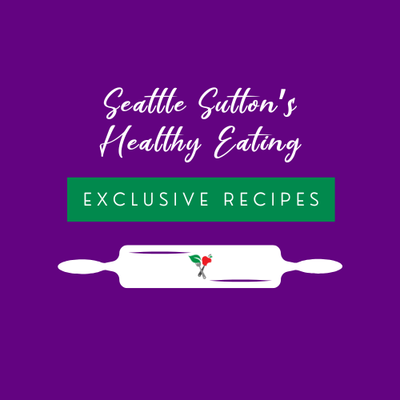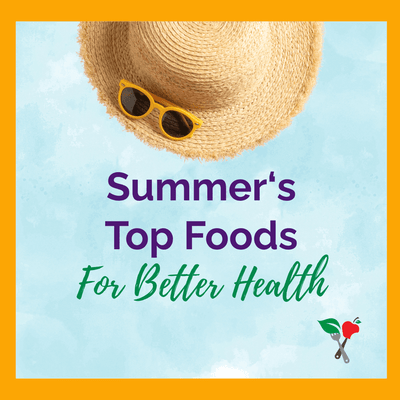Food Allergies On The Rise
Over the last 20 years there has been a significant increase in food allergies. Between 1997 and 2011 reported cases increased by 50%. Researchers estimate that 32 million Americans have food allergies, including 5.6 million children. That is one in 13 children or roughly 2 in every classroom. Schools are implementing special food allergy trainings, restaurants are creating separate food allergy menus, and it’s not uncommon to know at least one person with a food allergy. So, what is leading to this increase?
There are many theories as to why food allergies are a growing problem but currently there is not a clear consensus. There could be multiple factors or it could be different per individual but here are some reasons why food allergies may on the rise.
Increased awareness and diagnosis - Because more people have an official diagnosis, it is getting reported more which reflects a more accurate depiction of how many people are impacted by food allergies. Also, because more individuals are informed they are taking their symptoms to their physician to get tested.
Hygiene hypothesis - One theory is that because we keep our environment very clean, we are not exposed to certain microorganisms that develop our immune system. This then leads to our immune system overreacting when exposed to “safe” items, such as food.
Food system changes - The way we grow and process our food has changed significantly through the years. Changes in farming and pesticide use has been thought to play a role in the increase.
Infant feeding - Recently the guidelines for introducing potentially allergenic foods to infants have changed. It was previously believed that delaying the introduction of potentially allergenic foods would protect against allergies. Ironically, when these guidelines were in place we saw a dramatic increase in food allergies. For example, it is currently it is recommended to introduce peanuts as early as 4-6 months. These decisions should always be discussed with your health care provider before implementation.
Breastfeeding - Babies who receive breastmilk are exposed to small amounts of food proteins which have been shown to aid in the development of their immune systems. Current evidence does not support restricting a mother’s diet during pregnancy or breastfeeding as a means to preventing allergies.
Self-diagnosis and misinformation - Many people are quick to blame what they ate for any negative symptoms they have. It is estimated that 50-90% of self-diagnosed food allergies are not true food allergies. Also, many non-medical practitioners promote food allergy testing methods, that are not accurate and unproven. Often these tests result in a false positive which leads to unnecessary food restrictions.
There is no denying that food allergies are on the rise, but the reasoning is still unclear. If you suspect you or someone you know has a food allergy it is important to take it seriously and get evaluated by a board certified allergist.

Interested in eating healthy? Hungry for more?

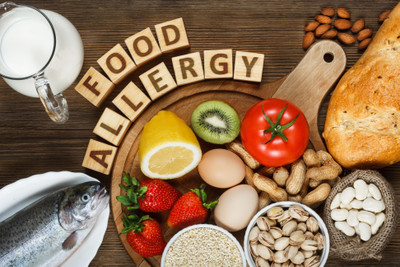



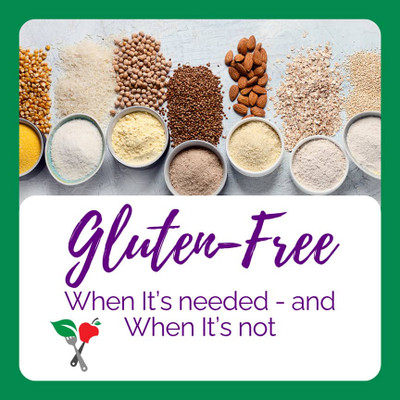
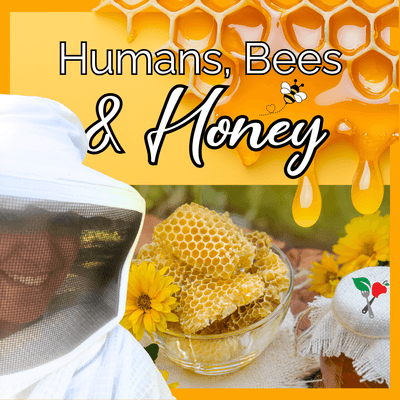
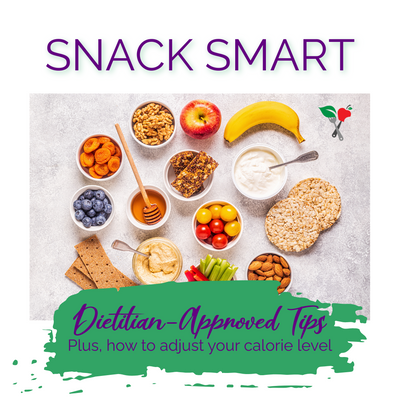
 Weight Loss
Weight Loss Health & Wellness
Health & Wellness Diabetes
Diabetes Heart Health
Heart Health Motherhood & Family
Motherhood & Family Dietary Restriction
Dietary Restriction Other Health Conditions
Other Health Conditions About SSHE
About SSHE